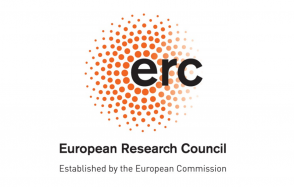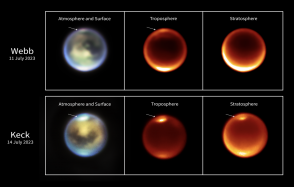Make our planet great again: Alessandro Forte joins the IPGP
Alessandro Forte, professor of geology at the University of Florida, is one of the winners of the third wave of the Make Our Planet Great Again (MOPGA) call for projects. He will be joining IPGP's geomagnetism team for a joint project entitled GYPTIS, which aims to better identify the geodynamic perturbations of climate markers.

Publication date: 15/03/2019
Awards and Distinctions, Press
Related teams :
Geomagnetism
Related themes : Earth System Science








